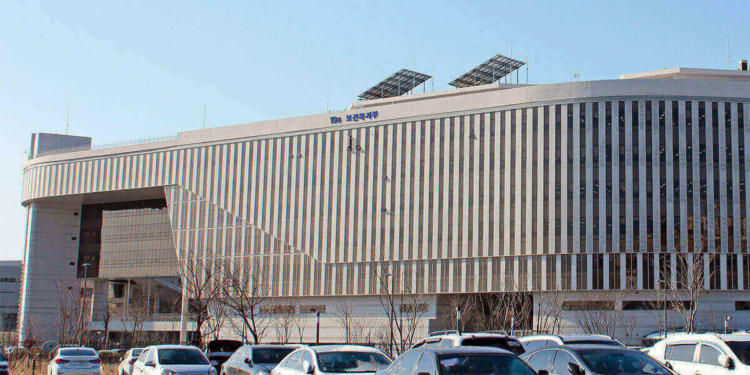On Wednesday, South Korean ministries announced the initiation of a 1.2 trillion won ($0.98 billion) research and development (R&D) project to boost the country’s response capabilities against infectious diseases and build up its competitiveness in the medical device industry.
The Ministry of Health and Welfare, the Ministry of Science and ICT, the Ministry of Food and Drug Safety, and the Ministry of Trade, Industry, and Energy (MOTIE) said that the project aims to strengthen and increase trust in Korea-based medical devices and health services amid the coronavirus fight.
During an emergency economic policy meeting, the ministries said that the country’s support would concentrate on the development of treatment drugs, diagnosis and screening, and quarantine and prevention. Finance Minister Hong Nam-ki headed the policy meeting.
Through the R&D project, South Korea’s government would support scientists and engineers in the development of primary and innovative components and element technologies, such as ones related to ventilators, in vitro diagnostic devices, and extracorporeal membrane oxygenation (ECMO).
The project also focuses on creating an initial market, accelerating market entry through regulatory support, strengthening the value chain, and support local business expansion overseas.
Biomedical engineering professor, Kim Beop-min, would lead the task force responsible for the project.
Currently, the race for a cure or vaccine for the coronavirus is ongoing, with experts saying that a drug might be produced towards the end of the year. Meanwhile, a vaccine would not be forthcoming until 2021.
Coronavirus Update
As of Thursday, South Korea reported 10,991 confirmed cases of COVID-19 infection with 9,762 recoveries and a death toll of 260.
As the nation shifted to an “everyday life quarantine” scheme, many companies normalized ending remote working with workers returning to offices.
However, a recent cluster infection tied to bars and clubs in Itaewon made some local firms return to work-at-home schemes and reinforce their infection prevention measures.
The South Korean government also plans to promote a K-quarantine model as a new international standard that other countries could adopt to deal with virus outbreaks. The government based the model on detailed quarantine, contact tracing, and treatment, and aggressive and swift testing.







